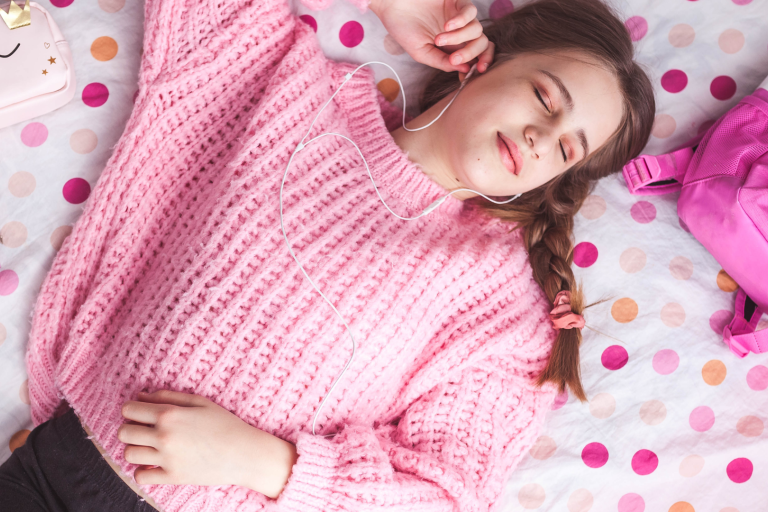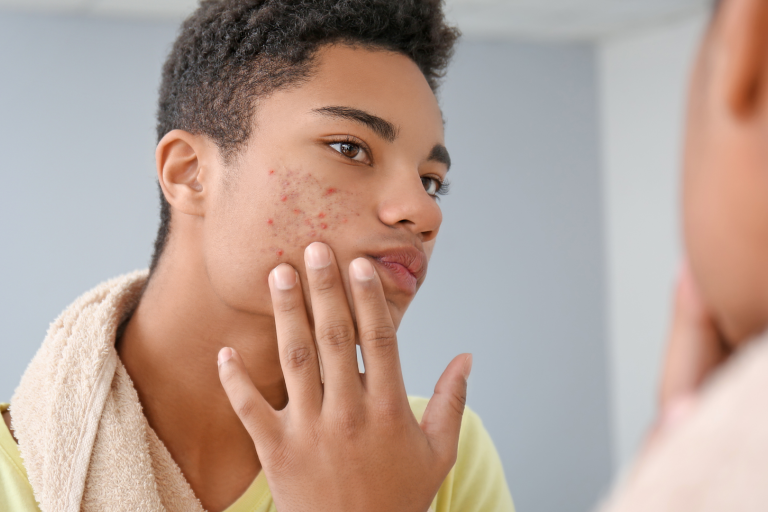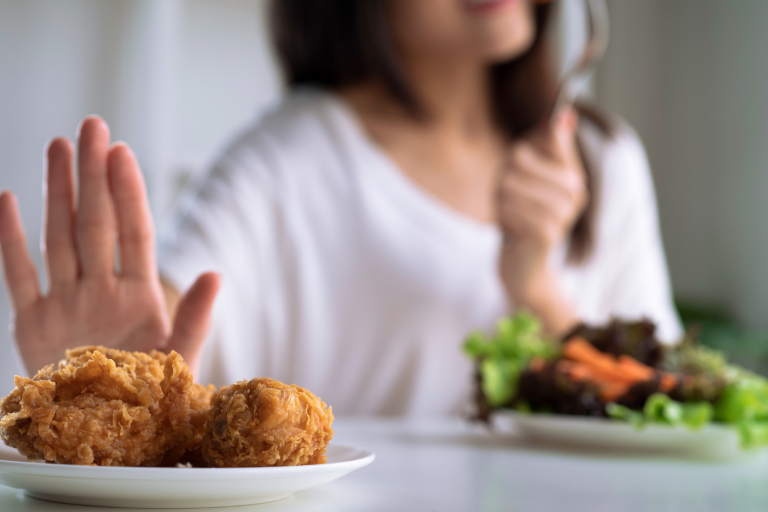Growing up for young people
When growing up, there is a lot of changes that is happening to your body, hormones, feelings and societal norms.
When we talk about body image, there are lots of ways we can think about our body and the way we look.
You might find that there are times when you like your body or parts of your body and times when you might struggle with how you look.
Body image describes how you feel about your own physical appearance, the way you look. If you have a positive body image you will feel comfortable about your own body. If you have a negative body image, you probably won’t feel very confident about your body.
This usually goes hand in hand with low self-esteem. You may not feel very confident about other things, like your ability to do well at something.
As you grow up, your body is going through lots of changes. Everyone has things about themselves that they don’t like, even celebrities!
It’s important to learn to accept yourself for who you are. This isn’t always easy, especially when we feel under pressure from friends, family, television and magazines to look a certain way.
Negative body image
If you have a negative body image, this will probably be a result of low self-esteem.
This may be a result of the changes that your body is going through if you have reached puberty. It may also be because of peer pressure. If other people your age, such as school friends, have told you something negative about the way you look, you may believe what they have said and be upset by this.
A negative body image can also be a result of comparing yourself to the people you see in the media. Comparing yourself to others is the quickest way to unhappiness.
Support online
Childline - advice on you and your body, the importance of staying healthy, sport and exercise
Young Minds - resources to help young people cope with the pressures around body image

Puberty usually happens between the ages of 8 to 16 years. Not everyone goes through it at the same time though as we’re all different.
Puberty means that young people's bodies will grow faster than at any other time in their life. The brain releases hormones that tell the body it’s time to change.
Guidance on puberty
- Childline website - provides a range of useful guidance on puberty
- Information on early or delayed puberty on the NHS website
Book recommendations
- What's Happening to Me? A Guide to Puberty, by Peter Mayle
- It's Perfectly Normal: Changing Bodies, Growing Up, Sex, and Sexual Health, by Robie Harris
Most girls start their periods when they're about 12 years old, but they can start as early as 8 years old.
Councils and education providers are legally required to make tampons and menstrual pads available to anyone who needs them.
Sexual health clinics and community contraceptive clinics will also often provide free period products or information about where to find them in your local area.

Advice and guidance on periods
- Health for Teens website - provides information on what periods are, why you have them, and what to do
- Advice and guidance about periods on the NHS website
- Period Poverty Scheme on GOV.UK - provides free period products to girls and women in their place of study
Book recommendations
- Susan's Growing Up, Books Beyond Words series - a picture book about periods that has been developed for people with learning disabilities
- The Period Book: Everything You Don't Want to Ask (But Need to Know), by Karen Gravelle - explains what to expect and how to cope with periods

Teenage acne is thought to be triggered by increased levels of a hormone called testosterone, which occurs during puberty.
As if you didn't already have enough to contend with, along comes acne.
The good news is that younger skin is more resilient, and bounces back quickly. Meaning those big, angry blemishes make themselves scarce pretty sharpish.
To send them packing even faster, and prevent future breakouts, do the following:
- cleanse regularly
- don't strip the skin
- prevent picking - this can lead to scarring
- follow qualified dermatologists online for accurate medical advice
Skin and acne online resources
- Dr Natalia Spierings - a UK-trained, GMC registered Consultant Dermatologist and fellowship-trained skin cancer surgeon
- Guidance on why acne happens, triggers for acne flare-ups, and myths about acne and treatments on the NHS website
We are surrounded by information about food and nutrition but we need to make sure we are making the right food choices.
Tips for maintaining a healthy weight:
- don't skip breakfast, eat regular meals with plenty of fruit and veg
- get active and drink plenty of water throughout the day
- eat food rich in fibre
- use a smaller plate
- cut down on takeaways and alcohol, plan your meals

Caffeine and energy drinks
Excessive caffeine intake has been shown to have various adverse effects on teenagers, including:
- an increase in heart rate and blood pressure
- sleep problems and anxiety
- digestive problems and dehydration
Energy drinks
A beverage that typically contains large amounts of caffeine, added sugars, other additives, and legal stimulants such as guarana, taurine, and L-carnitine.
These legal stimulants can increase alertness, attention, and energy, as well as increase blood pressure, heart rate, and breathing.
These drinks are often used by students to provide an extra boost in energy. However, the stimulants in these drinks can have a harmful effect on the nervous system.
Health advice online
- BDA website - a list of food facts relevant to adolescents
- NHS Healthier Families website - food facts and information to help you and your family eat better and move more
- NHS Live Well website - information and advice about children's weight, including what you can do if your child is overweight or underweight
